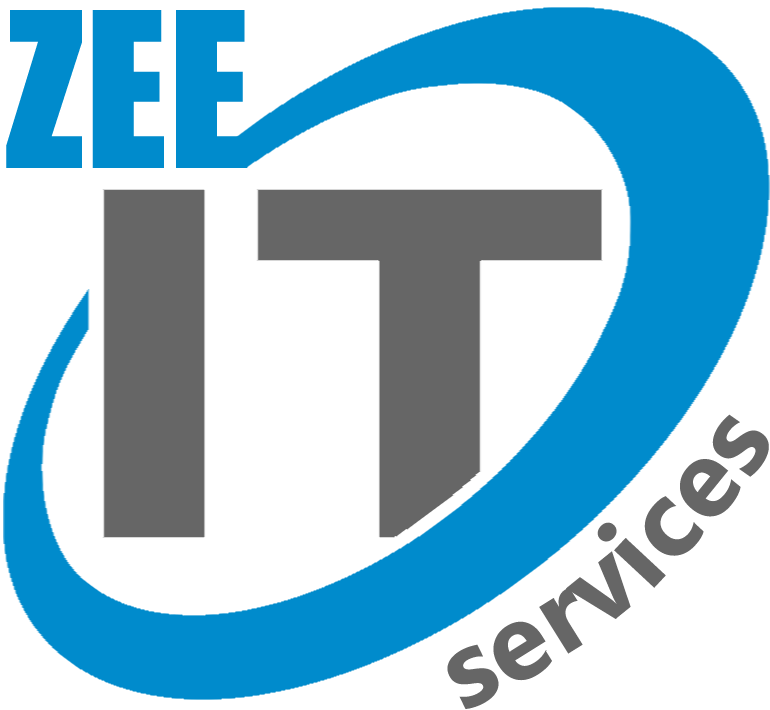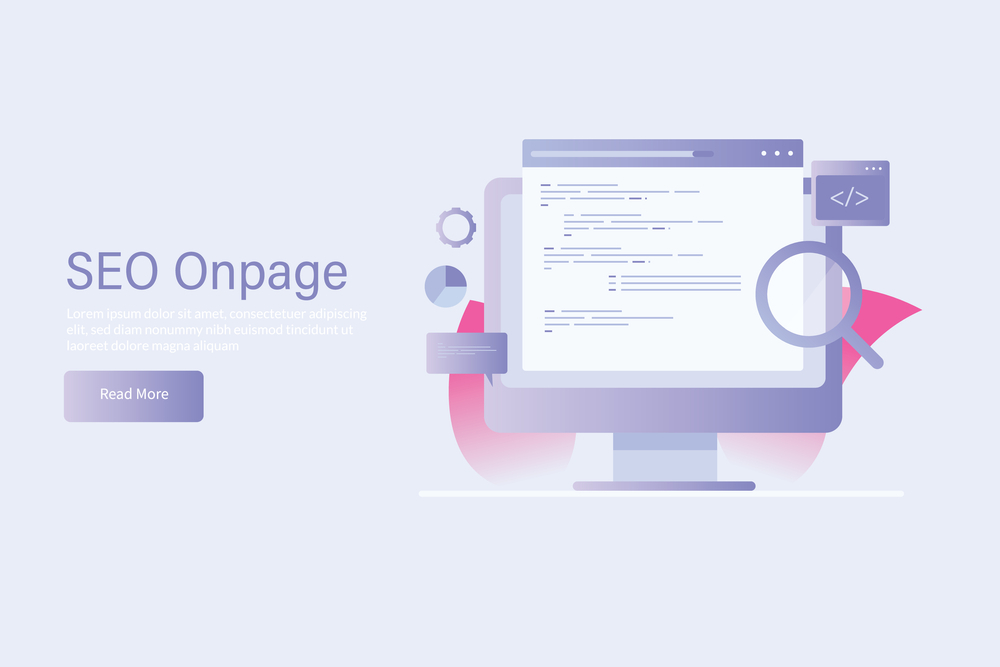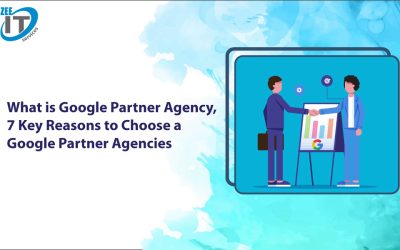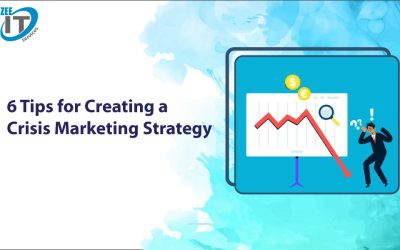To keep ahead of the competition in today’s digital world, a strong online presence is crucial. It’s crucial to optimize a website for search engines to appear higher on search engine results pages (SERPs) if a business wants to succeed online. Website owners should keep a few things in mind to improve the on-page SEO of their websites because it is an essential component of the optimization process. Additionally, we’ll cover the three on-page content requirements for SEO success in this post, which can support a higher SERP ranking for your website.
Definition of on-page SEO
On-page SEO, sometimes referred to as on-site SEO, is the process of optimizing specific web pages to raise their search engine positioning and attract more relevant traffic from search engines. This includes optimizing both the content and HTML source code of a page, as well as ensuring that the page meets the criteria that search engines look for when ranking pages.
Importance of on-page SEO for search engine ranking
On-page SEO is critical for search engine ranking success because it provides search engines with the information they need to understand what a particular page is about and how relevant it is to users. Without effective on-page optimisation, search engines could find it challenging to understand the subject matter of a page and might not give it the high ranking it merits. On-page SEO also contributes to a better user experience, which can enhance engagement and boost conversion rates.
Why content is king in on-page SEO
Content is king in on-page SEO because it is the most important factor that search engines use to determine the relevance and quality of a particular page. Without high-quality, relevant content, a page is unlikely to rank well in search engine results pages (SERPs) or attract relevant traffic. To achieve on-page SEO success, it’s important to focus on creating high-quality content that is optimized for both users and search engines.
Content Relevance and Quality
The quality and relevancy of the content are two of the most crucial elements in on-page SEO success. This means that in order to draw in visitors and keep them on a page, the information needs to be both high quality and pertinent to the subject at hand. Understanding user intent, performing comprehensive keyword research, and producing informative and interesting content are crucial in order to accomplish this.
Understanding user intent
For content to be relevant and of good quality, it is imperative to understand user intent. This means that it’s critical to comprehend both the content and the intent of a user’s search when they enter a specific query into a search engine. Additionally, by comprehending user intent, material that satisfies user wants and gives them the information they seek can be produced.
Keyword research
Keyword research is an essential part of on-page SEO success because it helps to identify the words and phrases that users are using to search for information related to a particular topic. So, By conducting keyword research, it’s possible to identify high-volume, low-competition keywords that can be used to optimize on-page content and attract more relevant traffic.
Importance of quality content
In on-page SEO, the quality of your content is also quite important. Backlinks are more likely to be attracted by high-quality content, which can improve your search engine rating. You should concentrate on offering value to your target audience when writing content.Moreover, Your writing should be interesting, educational, and simple to read.
Content length and structure
On-page SEO is also influenced by the structure and length of the content. Short-form material typically does worse than long-form content in search engine rankings. You should aim for at least 1000 words while writing content. Your text should also be well-organized, with distinct headings and subheadings.
Use of visuals
The use of visuals such as images, videos, and infographics can help improve user engagement and retention. Moreover, Visuals help break up long blocks of text and make the content more appealing to users.
On-page Optimization Techniques
On-page optimization techniques refer to the optimization of website structure and elements to improve its ranking in SERPs. Moreover, Here are some essential on-page optimization techniques.
Title tags and meta descriptions
For on-page optimization to be successful, title tags and meta descriptions are essential. They are the first things a user sees on search engine result pages (SERPs) and can influence their decision to click through to your website. Furthermore, It’s crucial to use relevant keywords in your title tags and meta descriptions to increase the chances of ranking for those keywords.
Header tags (H1, H2, H3)
Header tags are HTML elements that indicate the hierarchy of your content. Your page’s main heading should be in the H1 tag, and subheadings can be in the H2 or H3 tags. Use these tags to structure your content and make it more scannable for users and search engines.
URL structure
The URL structure is another on-page optimization factor that can impact your search engine rankings. Use URLs that are detailed, keyword-rich, and accurately reflect the page’s content.
Internal linking
The act of linking to other pages on your website is known as internal linking. This helps users navigate your site and provides additional context to search engines about the topic of your content.
Use of schema markup
Schema markup is a type of microdata that provides additional information about your content to search engines. This can include information about your business, products, or services, and can enhance the appearance of your search engine results.
Mobile Optimization
With more users accessing the internet on mobile devices, mobile optimization has become a crucial on-page optimization factor. Make sure your website is mobile-friendly and that the material is simple to access on mobile devices.
User Experience (UX) Factors
In addition to on-page optimization techniques, user experience (UX) factors also play a role in search engine rankings. User experience factors refer to the elements of your website that impact how users interact with your site. A website that provides a good user experience is more likely to rank well in search engines. Furthermore, there are several factors of UX:
Site speed and page loading time
Site speed and page loading time are important factors that can affect user experience. Websites that load quickly are more likely to keep users engaged and lead to higher search engine rankings.
Navigation and site structure
Navigation and site structure should be intuitive and easy to use. A clear and organized site structure can help users find what they are looking for quickly and easily.
Readability and font style
Readability and font style are also important factors in on-page optimization. Websites that use easy-to-read fonts and have a good balance between text and white space can improve user experience.
Accessibility
Accessibility is another critical factor in on-page optimization. Websites that are accessible to all users, including those with disabilities, can improve user experience and lead to higher search engine rankings.
CTA placement
CTA placement is also important for on-page optimization. Placing clear and prominent calls to action can improve user experience and lead to higher conversion rates.
Importance of Analytics and Testing
Analytics and testing are critical in on-page SEO. You need to monitor your website’s performance to identify areas for improvement.
Importance of monitoring website performance
For on-page optimisation, keeping an eye on website performance is essential. To find areas for improvement, it’s critical to monitor data like page visits, bounce rate, and conversion rate.
Use of Google Analytics
A strong tool for monitoring and analyzing website performance is Google Analytics. It can offer insightful information about user behavior and assist you in making defensible choices regarding on-page optimisation.
A/B testing and optimization
Another crucial method for enhancing website performance is A/B testing and optimisation. You can find the best on-page optimisation techniques by testing many iterations of your website.
Identifying and fixing common on-page SEO issues
Identifying and fixing common on-page SEO issues like duplicate content, missing alt tags and broken links is also important for on-page optimization. Addressing these issues can improve user experience and lead to higher search engine rankings.
If you are stuck in the SEO of your website and you don’t know how to deal with it then no worries leave your burden on ZEE IT Services which is an expert SEO services provider company. Our expert team works collaboratively with you and uses different tools to make your website SEO optimized and increase the chances of being ranked higher in search engine results (SERPs). Our team of experienced professionals has a deep understanding of the latest SEO trends and techniques, ensuring that you’ll always be ahead of the game. Furthermore, Contact ZEE IT Services today +1 (224) 999-6997 and start optimizing your website for SEO success!




